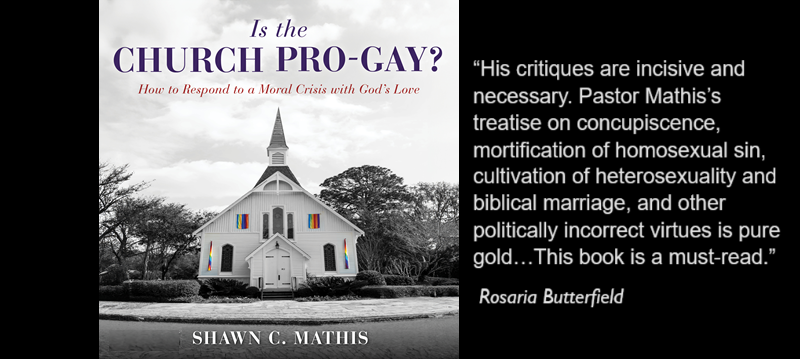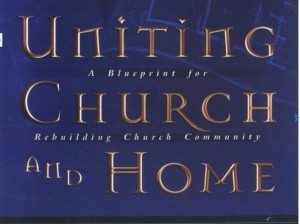Ending a four-day long celebration of the Fourth of July and the Battle of Gettysburg, Vision Forum’s US History Mega-Conference concluded with a question and answer panel.
Collecting most of the speakers into one room, Mr. Phillips presented several questions to the lecturers, noting that there may be some differences between the answers.
The first hour’s topic was an examination of the legacy of America “in terms of the unfolding history of the kingdom of God.” Marshall Foster responded, “to the extent we do not keep the covenant now–it’s obvious that we have broken it…we are seeing judgment fall on our nation.” Professor Eidsmoe believed the idea of freedom walking “hand in hand” as the American legacy. Mr. Brown offered a different perspective from the others: “the great legacies of America is the churches.”
Mr. Phillips in his typical grandiose style declared:
“When we look back on the last 1500 years of Christendom, there is no other nation with the unique branding, the unique feel, the unique message that America has had.”
He asserted, “for three hundred years [America] was a nation of people that at least in part were God-fearing and believed in the Trinitarian God and had an Evangelical, essentially, view of Christianity, with flaws…but nonetheless, simply incredible.”
Mr. Phillips reaffirmed the purpose of the conference: “we are here at this conference because we will not capitulate to the present trends. We are here to pick a fight. …[it is a fight] to stand against the gates of modernity” and to remember our legacy.
One question given to the panel was “what is the most unique positive and negative elements in the 21st century compared to the last ten centuries?”
Pastor Swanson’s answer created applause:
“The most positive thing still to me is the homeschooling movement and the second generation is surfacing. The second generation is key: that is the seed. The seed has been developed over 25 years in the kitchens and living rooms across this country. The seed will come to fruition in the year 2018. God help us. God have mercy on us. God have grace upon our children. May God bless the seed and grow something.”
Mr. Botkin answered the question with an assertion that all nations must preserve or break their covenant with God. The famine of the Word of God, he declared, is the need for more law: “people are starving for the explanation of what the law really is and what the law really says so that they can obey it and be blessed by it.”
The question of what is the Gospel was inadvertently brought up. Mr. Foster responded with a short answer: “Christ and Him crucified and faith in Him.” Pastor Swanson emphasized justification in conjunction with sanctification.
The conversation about the Gospel moved to the implications of it. Mr. Phillips ended this part of the discussion with an equivocation of the normal use of the word Gospel: “we would not be here if people did not believe that the Gospel meant ‘here’s how you live, and here’s how you build your world, and how to build your life.’ ”
The next two questions were about the most influential men and books in the lives of the lecturers. The most influential books among most of the speakers were Pink’s Sovereignty of God and Rushdoony’s Institutes of Biblical Law. Perhaps sensing the non-Reformed nature of the audience, Mr. Phillips gently chided the audience to “read the books.”
Some questions about Vietnam, nuclear war and Islam were entertained next. At the end of the discussion, each speaker was asked to offer a charge to the audience. Mr. Brown declared that “fatherhood problems” are the greatest problem today. Others spoke about duties before God, loving neighbors and working in God’s kingdom.
Earlier in the panel talks, Mr. Sprinkle, of Sprinkle Publications, highlighted some needful truths missing in some other historical lectures at the conference: “Finney was the worse thing that happened” to revivals. And he noted that in the numerous Billy Sunday sermons he read it was “hard to find the Gospel of our Lord Jesus Christ in his messages. [Instead] he was against this social evil and that social evil.”
The conference ended with a short exhortation to be faithful by Mr. Phillips.







